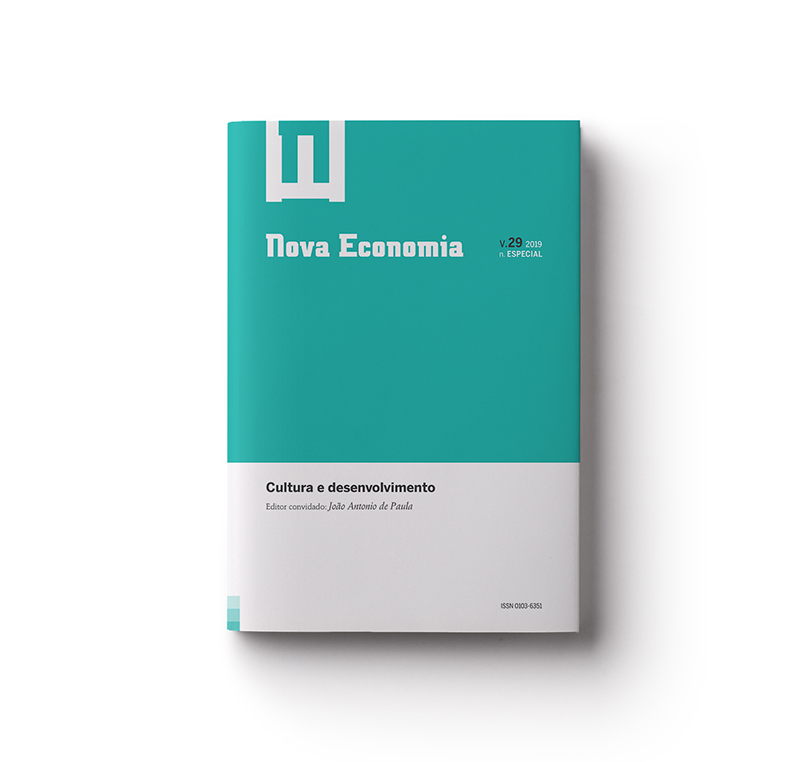O desenvolvimento como processo de mudança cultural: as conexões entre excedente e estruturas sociais na visão de Celso Furtado
Resumo
O objetivo deste artigo é apresentar a visão de Furtado sobre excedente e estrutura social, sugerindo que uma releitura atenta a esses dois elementos permite melhor compreensão de sua obra. Para Furtado, o excedente é o ponto de partida para uma apreensão mais ampla do desenvolvimento, uma vez que possibilita escolha por parte da comunidade e processos de transformação social. Seus primeiros trabalhos sobre desenvolvimento e subdesenvolvimento já insistem na interconexão entre excedente e estrutura social na definição dos modos de vida e do processo de acumulação. Sua abordagem das relações entre excedente e estruturas sociais ganha novos contornos nos anos 1970, levando em conta as transformações na economia internacional e a industrialização periférica. A interação entre pensamento econômico, cultural e político dá novos contornos à noção de excedente. O artigo se detém nos usos e significado da noção de excedente no pensamento de Furtado em seus diversos momentos.
Downloads
Publicado
Como Citar
Edição
Seção
Licença
Autore[a]s que publicam nesta revista concordam com os seguintes termos:
- Autore[a]s mantém os direitos autorais e concedem à revista o direito de primeira publicação, com o trabalho simultaneamente licenciado sob a Licença Creative Commons Atribuição 4.0 Internacional que permite o compartilhamento do trabalho com reconhecimento da autoria e publicação inicial nesta revista.
- Autore[a]s têm autorização para assumir contratos adicionais separadamente, para distribuição não-exclusiva da versão do trabalho publicada nesta revista (ex.: publicar em repositório institucional ou como capítulo de livro), com reconhecimento de autoria e publicação inicial nesta revista.
- Autores têm permissão e são estimulados a publicar e distribuir seu trabalho online (ex.: em repositórios institucionais ou na sua página pessoal) a qualquer ponto antes ou durante o processo editorial, já que isso pode gerar alterações produtivas, bem como aumentar o impacto e a citação do trabalho publicado (Veja O Efeito do Acesso Livre).




